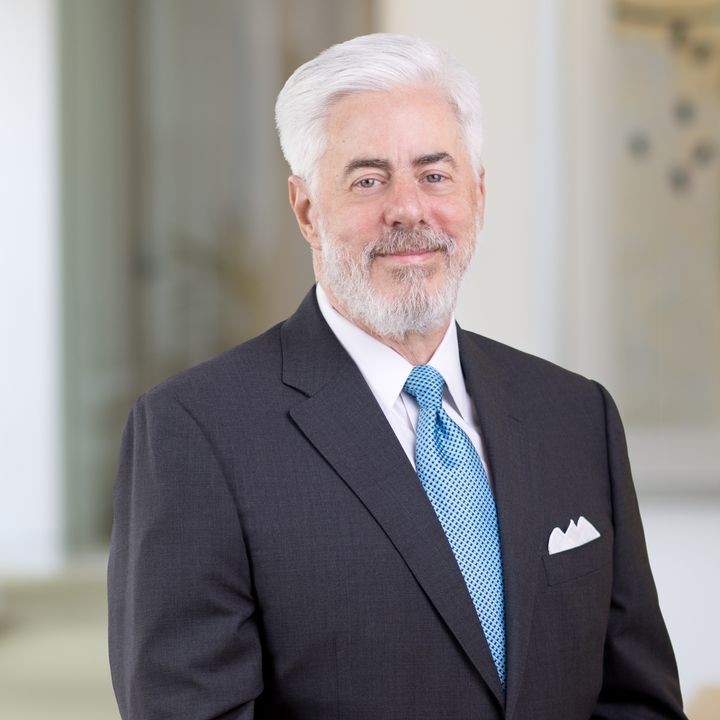About Face! Florida Supreme Court Adopts Daubert Standard— Seven Months After Rejecting It
Client Alert | 2 min read | 05.29.19
In a surprise reversal, the Florida Supreme Court last week adopted the state legislature’s 2017 “Daubert amendments,” replacing Frye with Daubert as the test for admissibility of expert testimony in the state’s trial courts.1 The decision comes just seven months after the court rejected the Daubert amendments as unconstitutional in DeLisle v. Crane Co.2 The switch is effective immediately.
When we wrote in our October 22, 2018 client alert that “the debate [in Florida] has come to an apparent end with the decision in DeLisle,”3 little did we know how much the word “apparent” would matter. DeLisle was the “proper case or controversy” the Court had insisted was necessary to address the constitutional concerns it had raised about Daubert in a 2017 per curiam order.4 DeLisle held that the Daubert amendments were procedural, not substantive; as such, they could be enacted only by the Court itself.5 The Court declined to do so. “With our decision today,” said the Court, “we reaffirm that Frye, not Daubert, is the appropriate test in Florida courts.”6
But in its May 23 decision, the Court adopted, “according to its exclusive rulemaking authority,”7 the very same amendments it had rejected last October. Now, said the Court, “the ‘grave constitutional concerns’ raised by those who oppose the amendments to the Code appear unfounded[.]”8 Briefly addressing the merits of the two admissibility standards, the Court added that “the Daubert amendments remedy deficiencies of the Frye standard,” “will create consistency between the state and federal courts,” and will “help lessen forum shopping.”9
What changed in seven months? The composition of the Court. Since DeLisle, three of the judges in the 4-3 majority have retired. “Without now readdressing the correctness of this Court’s ruling in DeLisle…,”10 the three dissenters joined two new judges to form the majority in the May 23 per curiam order.
Have we reached the end of the long and winding road to Daubert in Florida? Perhaps. But the Court left an opening once more: “[W]e do not decide, in this rules case, the constitutional or other substantive concerns that have been raised about the amendments. Those issues must be left for a proper case or controversy.”11
1 In re: Amendments to the Florida Evidence Code (May 23, 2019).
5 DeLisle, slip op. at 7.
2 No. SC16-2182 (October 15, 2018).
3 Client Alert, “Florida Supreme Court Rebuffs Legislature’s Mandate to Adopt Daubert Standard,” October 22, 2018.
4 In re Amendments to the Florida Evidence Code, Order at 9 (Feb. 16, 2017).
6 Id. at 19.
7 In re: Amendments to the Florida Evidence Code, Order at 1 (May 23, 2019).
8 Id. at 2.
9 Id. at 6.
10 Id. at 2.
11 Id. at 5.
Contacts
Insights
Client Alert | 6 min read | 11.26.25
From ‘Second’ to ‘First:’ Federal Circuit Tackles Obvious Claim Errors
Patent claims must be clear and definite, as they set the boundaries of the patentee’s rights. Occasionally, however, claim language contains errors, such as typographical mistakes or incorrect numbering. Courts possess very limited authority to correct such errors. The United States Court of Appeals for the Federal Circuit has emphasized that judicial correction is appropriate only in rare circumstances, where (1) the error is evident from the face of the patent, and (2) the proposed correction is the sole reasonable interpretation in view of the claim language, specification, and prosecution history. See Group One, Ltd. v. Hallmark Cards, Inc., 407 F.3d 1297, 1303 (Fed. Cir. 2005) and Novo Indus., L.P. v. Micro Molds Corp., 350 F.3d 1348, 1357 (Fed. Cir. 2003).
Client Alert | 5 min read | 11.26.25
Client Alert | 6 min read | 11.25.25
Brussels Court Clarifies the EU’s SPC Manufacturing Waiver Regulation Rules
Client Alert | 3 min read | 11.24.25



